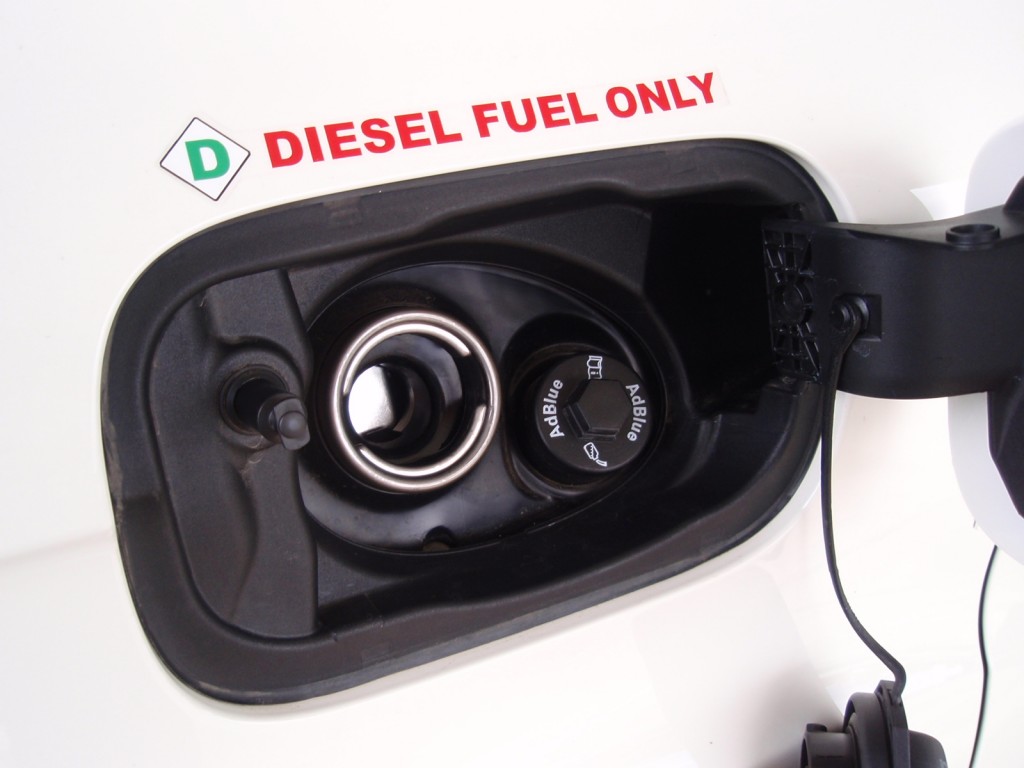Gasoline prices rise. Gasoline prices fall.
And every time there's significant movement, it's a news story.
Last week, for instance, CNBC (via The Car Connection) reported that a gallon of regular unleaded gasoline dropped to about $3.59 last Friday.
That's almost 8 cents lower than the cost two weeks previously.
Headline fodder
Cue headlines talking about "cheaper Labor day driving," and "relief for drivers," and so forth.
Those news stories also tend to play into stories about sales of so-called green cars, those with good fuel-efficiency ratings: hybrids, diesels, plug-in hybrids, and electric cars.
Often, sloppy journalists will take the step of assuming that a minor rise or fall in gas prices will affect the sales of green cars.
You see it in language like, "...potentially hurting future sales of fuel-efficient cars, especially electric cars--which aren't selling well anyhow."
That's our approximation, not a direct quote--but if you're reading this site, we bet you've seen that kind of language over the past couple of years.
Right?
Many motivations
The thing is, saving money on fuel is just one of several different motivations for buying certain types of green cars.
Electric cars, for one, are bought for many different reasons--including desire for the latest, coolest gadget; environmental concerns; and a desire to do something about U.S. energy security.
Cost saving is in there as well, granted, but it's far from the only reason--just as equally lazy journalists (and auto marketers, ahem) often assume that these electric cars are bought only by those with a green agenda.

'Diesel fuel only' caution on Audi Q7 TDI
And the same applies to other fuel-efficient cars as well.
Audi is doubling down on diesels to help it comply with increasingly strict corporate average fuel economy (CAFE) standards through 2025.
Diesel drivers talk torque
But talk to diesel drivers, and they'll tell you that while the fuel efficiency is great, there's also the torque and driving feel of a diesel--which is qualtitatively different from that of a gasoline car, let alone an electric car.
The moral: People buy cars for all sorts of reasons, and the sales of green cars--especially electric cars--aren't solely determined by gasoline cost.
For the mass market, sure: Savings on purchase cost and running costs matter, as surveys show.
But in these early days for both diesels and electrics, there are other factors at play.
In other words, beware sloppy journalism.
This has been your mildly irascible rant for the day. Thank you for listening.
_______________________________________________













